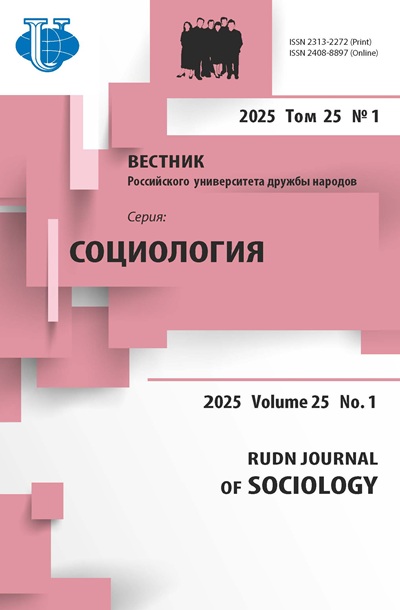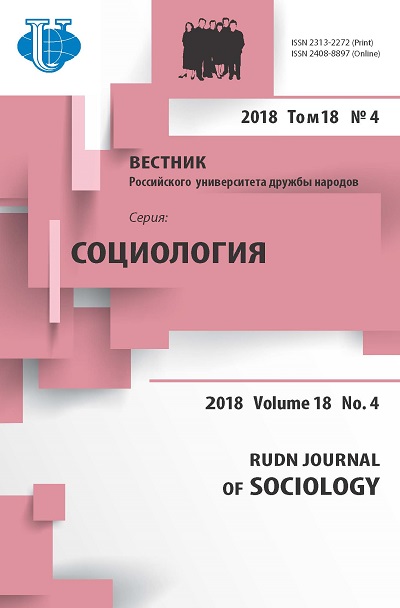Аннотация
Сложные экономические условия, характеризовавшие в последние несколько лет жизнь страны, актуализируют проблему оценки благополучия населения - как объективного, так и субъективного. Статья посвящена определению границ и характеристик субъективного благополучия и неблагополучия в российском обществе. На данных общероссийского опроса, проведенного в 2018 году Институтом социологии ФНИСЦ РАН, с помощью кластерного анализа выделены зоны субъективного благополучия и неблагополучия, а также промежуточная зона. Автор показывает, что зона субъективного благополучия сегодня меньше, чем неблагополучия: ее представители характеризуются высокими оценками всех аспектов жизни, в том числе не относящихся к доходам и потреблению, в то время как субъективное неблагополучие выражается в неудовлетворенности своим материальным положением и возможностями отдыха и отпуска на фоне удовлетворительных оценок остальных аспектов жизни. Зона субъективного неблагополучия формируется не столько за счет низких доходов, сколько в результате проблем, с которыми люди сталкиваются в повседневности и не в состоянии решить самостоятельно. Различия в положении россиян из двух полярных зон обусловливают различия их запросов к социальной политике, причем речь идет не столько о расхождении приоритетов, сколько об интенсивности запросов. Ключевые сферы, в которых все население ждет сегодня помощи от государства, - это обеспечение справедливой оплаты труда и налаживание работы системы здравоохранения. Специфика положения выделенных групп свидетельствует, что без решения этих проблем зона субъективного неблагополучия вряд ли будет сокращаться даже в условиях роста доходов. Что касается их локализации, то зона неблагополучия смещена в сельскую местность, старшие возраста и сферу занятости физическим трудом, в то время как зона благополучия локализуется сегодня в молодом городском «среднем классе».














